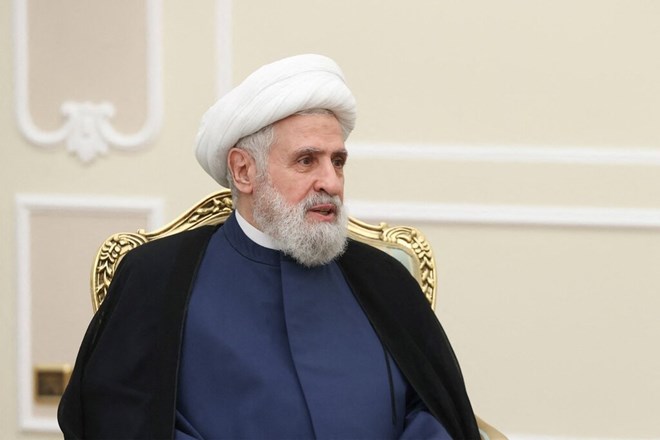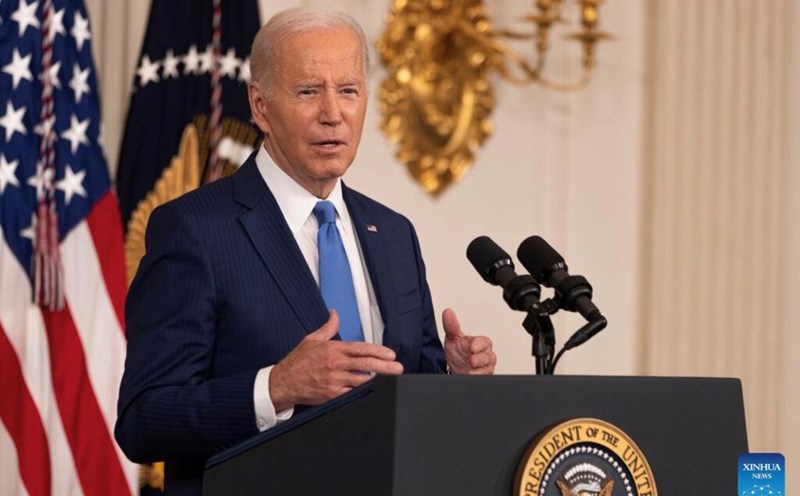The Israeli military has yet to comment.
According to Reuters, Israel also deployed other air strikes in the area south of the capital Beirut at the end of the day (local time) causing a series of Hezbollah bases to be destroyed. Before carrying out about 4 air strikes on the area, the Israeli military ordered the evacuation of people.
There is no concrete information on the number of casualties or the details of the areas under attack. However, the attack took place after new Hezbollah leader Naim Qassem declared his disbelief in the use of political measures that could end the conflict.
On 5 November, Israeli Prime Minister Benjamin Netanyahu decided to dismiss Mr. Yoav Gallant from his position as Israeli Defense Minister due to the “crisis of confidence" and replaced the position of leading the wars in Lebanon and Gaza with Mr. Israel Katz - who was previously Israeli Foreign Minister.

Hezbollah's new leader said an indirect negotiation of a ceasefire would take place only if Israel stopped the conflicts.
“When the enemy decides to stop the acts of aggression, we have a clearly defined roadmap for negotiations – that is, indirect negotiations through the Lebanese government and the Speaker of the National Assembly Nabih Berri” – Qassem said.
Israel and Hezbollah - Iranian-backed forces, have been fighting continuously for more than a year in parallel with the war in Gaza. Tensions began to escalate from the end of September, when Israeli troops increased air strikes in many areas of southern and eastern Lebanon and carried out ground attacks on villages near the border.
Information about plans for a 60 - day temporary ceasefire that could be deployed before the 2024 U.S. presidential election - the 5 November leak that U.S. officials leaked last week - has failed.











